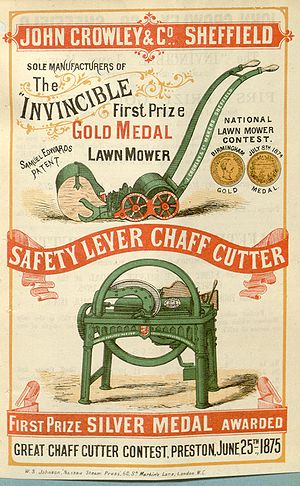
Image: rick
Why do people buy things? Or choose one product over another? Is it logic? Or is it emotional triggers marketing?
Denny Hatch said (in Target Marketing 4/10/10) that the best way to get people to buy something is to offer exclusivity (an emotional trigger).
It’s true that if you offer something that can’t be duplicated, because it’s so personal, or remarkable, then you don’t have to worry as much about price, service, or competition.
Someone can always undercut you on price or beat you on quality. Service is a bit harder to copy. Not every company is willing to go as far as Zappo’s or Lands’ End in making sure the customer is happy.
However, he missed quite a few other emotional reasons that people buy. Here are seven more.
1) Safety and peace of mind
If price were the primary issue when buying a car, then the cheapest car would do. Car buyers want more than just price. They want safety and reliability.
2) Convenience
Buy online, without leaving home, driving, getting on a bus, or using any gas. Or, stopping at the quick-mart instead of going out of your way to the supermarket to pick up a quart of milk.
3) To look better
Women buy lipstick to look better and to feel better (it’s a relatively inexpensive indulgence). Nobody needs lipstick. Whiter teeth won’t improve your health or your teeth – they will make you look and feel more attractive.
4) Stories
Tell a story about your business or your product that connects with the people reading your post or your sales page. Paris Hilton in Beverly Hills isn’t that interesting; we expect her to be there, doing whatever it is she does. Hillbillies who struck oil and moved to Beverly Hills? That stands out!
5) Social proof
Testimonials, case studies, and endorsements increase trust. If other people recommend something, especially people you know, or have heard of, you’re more likely to buy it.
6) Events
Two words: Mothers Day. Some more words: birthdays, anniversaries, end of the year, beginning of the year.
7) Statistical proof
Results from other people who have used the product, statistics showing an improvement in sales or income.
What other reasons can you think of? What was the last big purchase you made? How did you make a decision?


